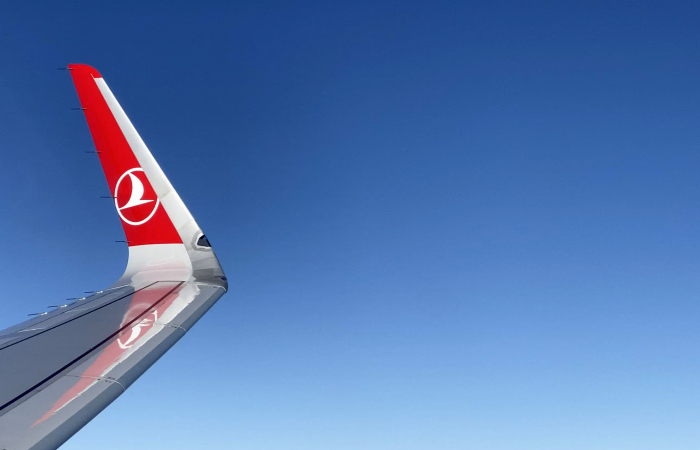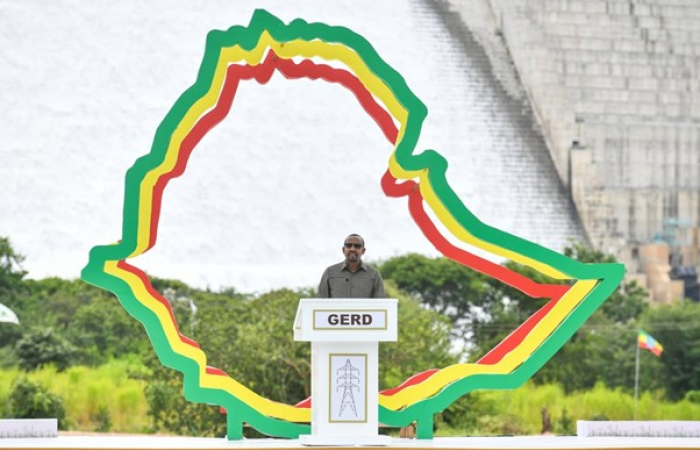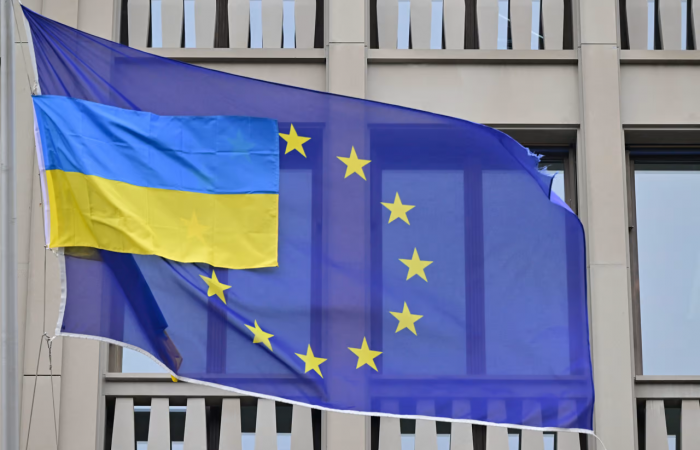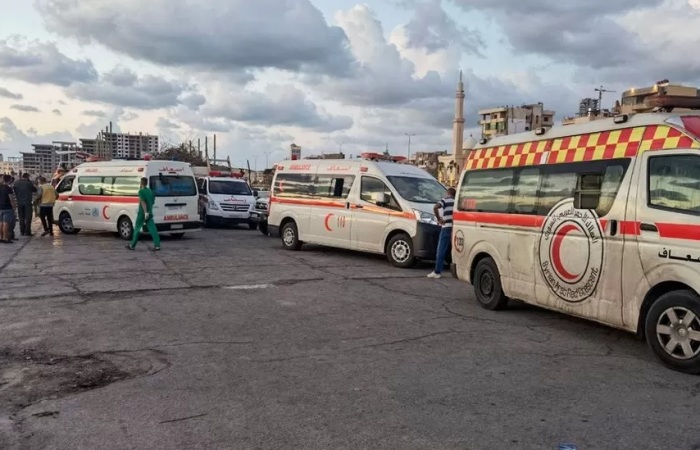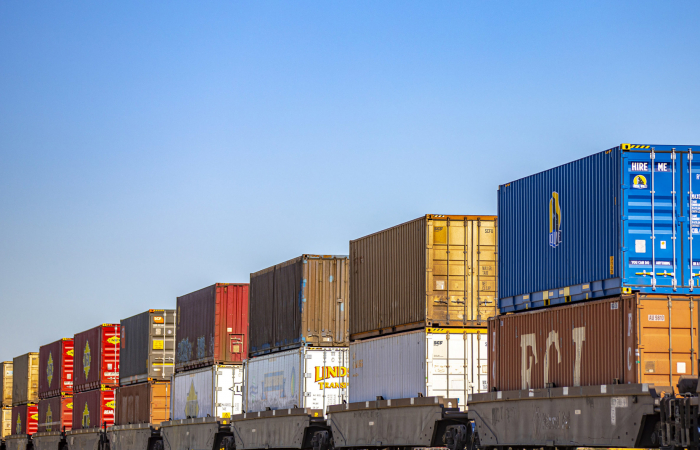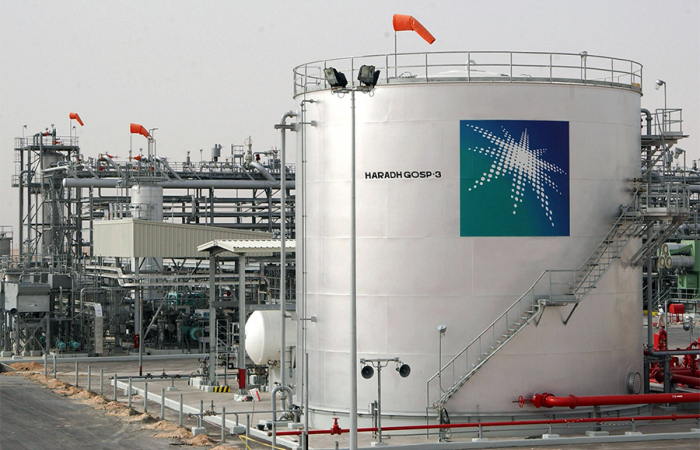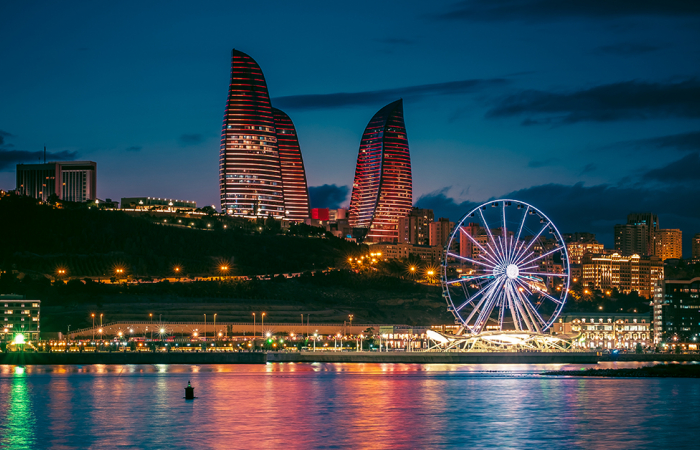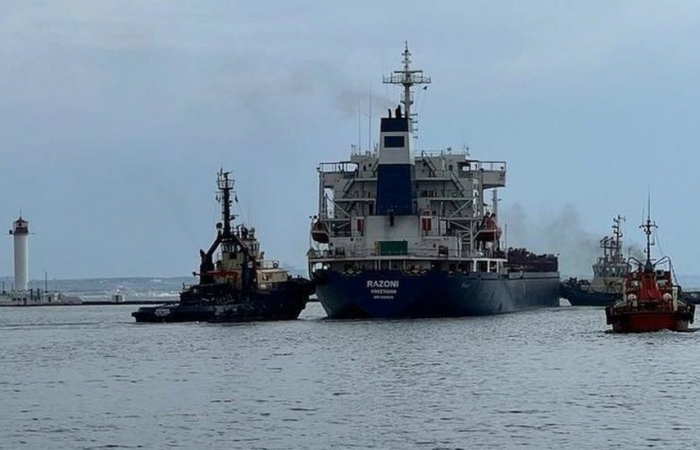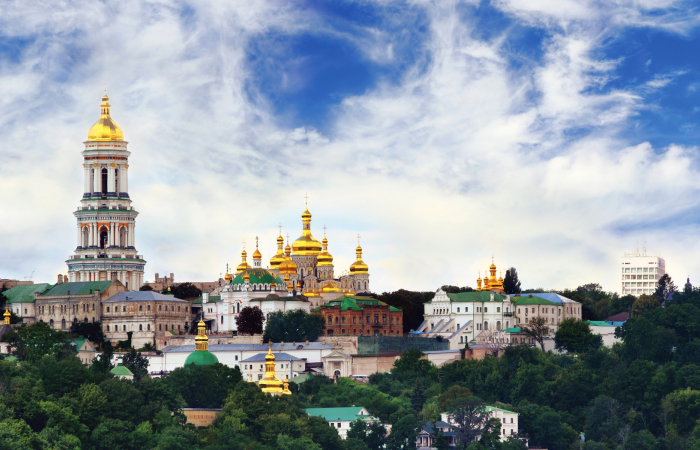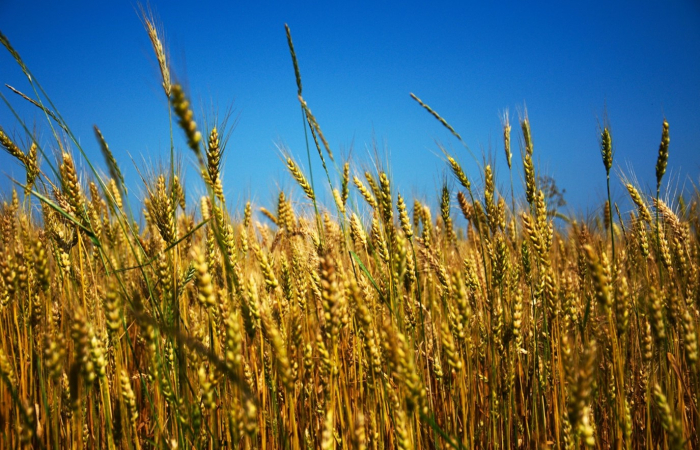Editor's choice
This is a members’ functionality. Please
Sign upNews
Trending
EU to integrate financial contributions to Ukraine into its 2023 budget
4 October 2022
On Tuesday (4 October), the European Union announced that it will integrate financial support to Ukraine into its 2023 budget, making its monetary contributions more structured and predictable, thus easing the economic pressures on war-torn Ukraine.
The support payments will tighten the links between the EU and Ukraine, which got one step closer to achieving full EU membership after being granted candidate status earlier this year.
The decision to formalise the financial support was taken after criticism from the United States and others, who have accused the EU of delaying current support payments, and thereby raising doubts on how committed the EU is to Ukraine’s reconstruction after the war’s conclusion.
Out of the €9 billion promised in May this year, only €1 billion has so far been paid out, while the next payment of €5 billion is expected to reach Kyiv before the end of the year. Meanwhile, the United States has contributed over €10 billion in financial support, and over €25 billion in military aid to Ukraine since the beginning of the full-scale Russian invasion in late February.
Financially, Ukraine is struggling significantly as a result of the ongoing war with Russia. Reports estimate that monthly foreign aid of approximately €5 billion is required for the Ukrainian economy to stay afloat.
Oleg Ustenko, the economic adviser to Ukrainian President Volodymyr Zelensky, predicts that Ukraine’s deficit will shrink in the coming year to approximately €3.5 billion per month, as Ukraine has managed to resume initially disrupted economic activities in its western regions.



